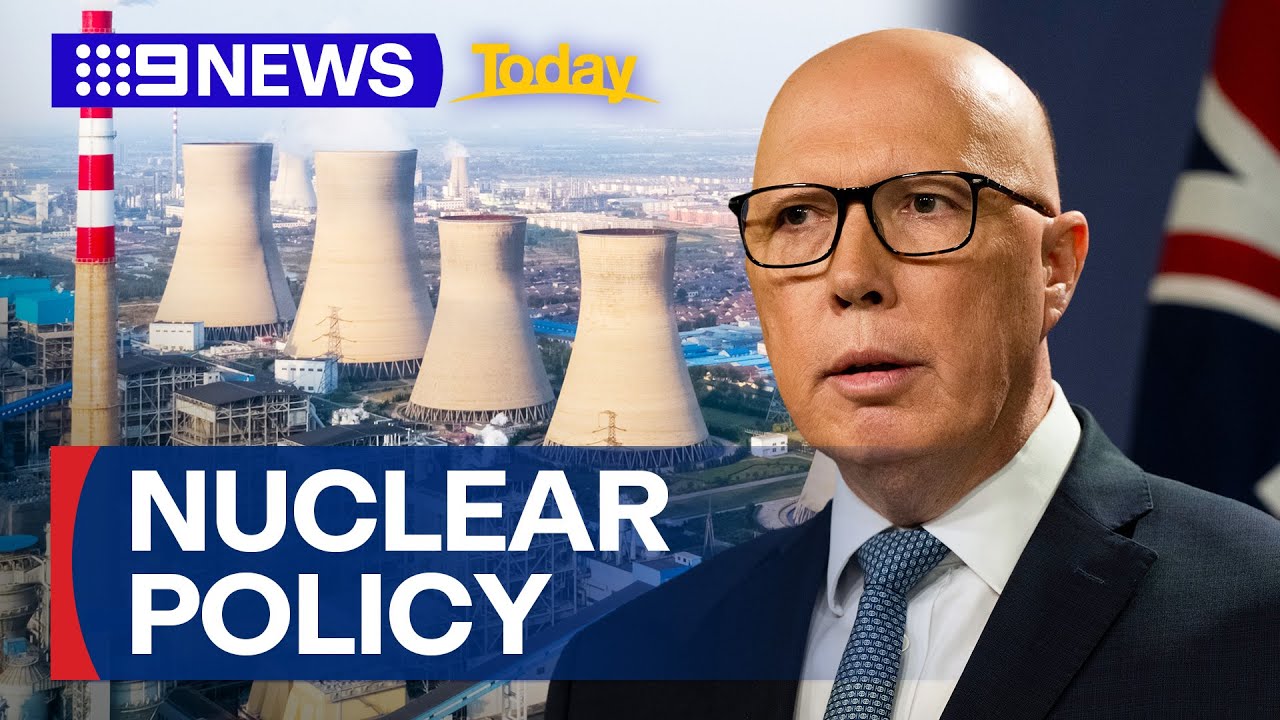The press conference is currently still live so this was the best short video I could find on the topic.
To begin, I’m absolutely against this proposal, but I want to see a discussion - hopefully a constructive one - between Aussies (comments are always turned off for Australian news on YT) to gauge some idea of how people generally feel about the idea.
Fire off.



The cost of nuclear is only at the commissioning and decommissioning of the plant. But during the runtime of the plant is remarkably cheap. People just balk at the initial price because so much of the cost is up front.
Another thing to remember about recycling is that we as a species were producing nuclear waste before we had reactors that could use recycled waste so globally speaking we currently have a surplus of waste. Recently the US had to restart a reactor because they didn’t have enough materials to use for powering deep space probes. It’s not implausible that we could run out of waste to use and have to produce more fresh fuel.
On the topic of safety though, modern reactor designs require power coming in to keep the fissile material frozen to continue the reaction.
As soon as the power is cut, the coolant is cut, part of the plant is destroyed, or something else goes wrong, the plant stops working. If the plant stops working, there’s nothing to cool down the fissile material.
The fissile material’s own radioactivity heats it up to the point that it melts and pours away over what’s essentially a pyramid plinko drain splitting up the liquid into many separate pools. (If it helps, think of your bath’s drain if the pipe splits into two, which split into four, which split into eight, and on and on until a bath tub’s water has been separated into an ice cube tray the size of a tennis court.)
Fissile material only reacts when it’s next to enough fissile material.
And since it’s separated and spread out, there’s more reaction.
If you cut the power for the coolant pumps, the fuel melts, separates (by the power of gravity) and the reaction stops.
If the coolant leaks, the fuel melts, separates and stops reacting.
If you crash a plane into the reactor itself, the cooling mechanisms don’t exist anymore and the fuel melts and pours out the nearest holes (either the drain or spilling outside the reactor into the containment structure, or even outside if need be), spreading out, separating, and reacting no more.
Modern reactors have more in common with an ice-cube hoisted above the great pyramid of giza than they do the fukushima or chernobyl plants. Both of those were designed to require power to prevent a dangerous meltdown which turn into a runaway reactions, whereas modern reactors make it so a meltdown prevents reactions.
The cost of the commissioning and decommissioning (+of course running and wast management) is enough to make it more expensive than renewables with enough storage and transmission though. Nuclear was a great idea 30 years ago. In Australia where we have incredibly good renewable resources it’s a terrible idea today.
I think a lot of the pushing for nuclear now is just as a distraction to keep fossil fuels in the mix for as long as possible, so those politicians can get their cosy board positions on fossil fuel companies after they quit politics